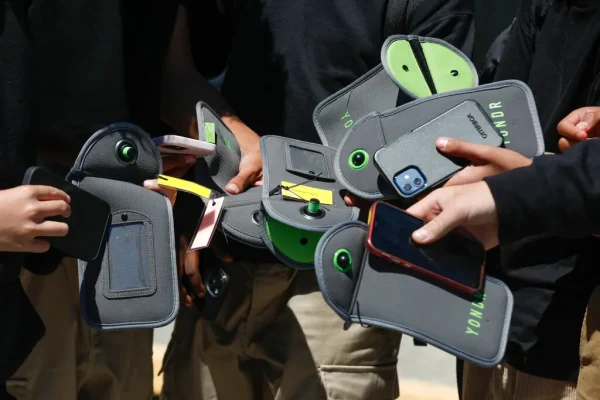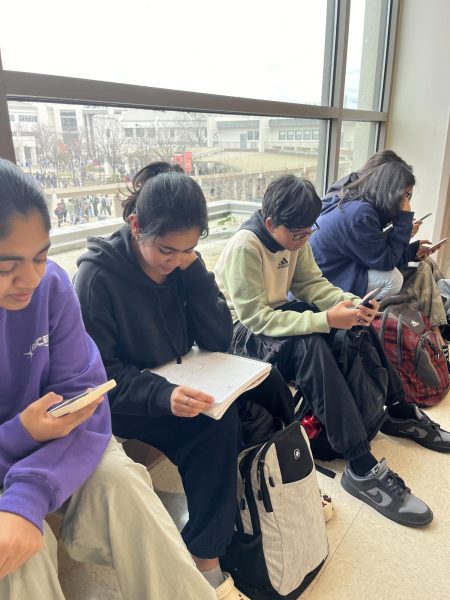FDA cracks down on vape companies
Marketing to minors under attack by new anti-vape program
With vaping on the rise in American high schools, the U.S Food and Drug Administration (FDA) is taking steps to reduce the extent to which vaping retailers target minors.
The FDA has recently increased its efforts to prevent kids from acquiring e-cigarettes. The FDA’s website states that this past summer they cracked down on both online and physical stores when they sent over 1,300 warning letters and fines to retailers illegally selling e-cigarette products to minors.
The FDA also contacted five big retailers to request they deliver a plan for decreasing sales to minors within 60 days. If the companies fail to respond, the FDA claims they could possibly require the companies to stop selling products with flavors.
According to former Cal High assistant principal Bob Spain, who moved to Dougherty Valley last month, Cal students have been affected by vaping retailers.
“We’ve seen an increase [in vaping], without a doubt,” said Spain. “And why is that? Well, I think the vaping companies have targeted adolescents.”
But many people are unsure if the FDA’s campaign will have any effect on teenagers.
“There’ll be a decrease in people who start vaping, but the people that already do it [won’t stop],” said an anonymous junior, who has vaped a couple of times in the past.
Sophomore Nandini Pathak agreed.
“I don’t know if it’ll make that much of a difference,” Pathak said. “Because what can retailers really do to try and prevent teenagers from getting their hands on vaping devices? It’s already illegal, it’s already hard to get access to them, but people still get their hands on them.”
Spain believes that there is only one way to raise awareness about the dangers of vaping.
“If there’s a consequence at the end of it that we can identify as death or something that bad, then people will begin to look at it,” Spain said.
Flavored products are one reason people believe vaping companies are targeting younger audiences.
“The troubling reality is that e-cigarettes are the most commonly used tobacco product among middle and high school students, and flavors are identified as one of the top three reasons for use,” FDA Commissioner Scott Gottlieb, M.D. said in an official statement according to FDA.gov.
Tobacco companies purposefully flavor their products in order to appeal to kids, according to FlavorsHookKids.org, which is affiliated with the California Department of Public Health.
“The use of flavors such as cotton candy or different fruits will only appeal to kids and young adults,” junior Sarah Zhang said.
The flavors that appeal to kids are even more harmful than regular menthol and tobacco flavors that adults tend to use, according to The Atlantic.
In a study conducted on tadpoles coauthored by Amanda Dickinson, a developmental biologist at the Virginia Commonwealth University, only two of six flavors caused the tadpoles to develop facial defects, said The Atlantic.
Both were complex flavors, involving words like “strawberry” ,“caramel” “berries”, and “citrus”, amongst many more.
Concern for this issue prompted the Marin County Board of Supervisors to recently consider a new ordinance prohibiting the sale of flavored tobacco products, according to NBC Bay Area.
The board unanimously approved on Oct. 30 the decision to ban flavored tobacco and a final vote (for what??)will be held in the upcoming weeks.
Cities such as San Francisco and Oakland have already banned the sale of flavored tobacco products, and more cities may follow in the future, according to CNN.

Isaac Oronsky is a senior and third-year newspaper student. He is serving as one of two Managing Editors for The Californian, and is beyond excited to...






